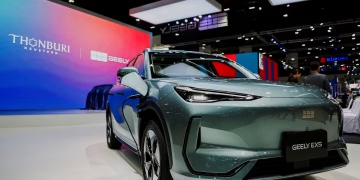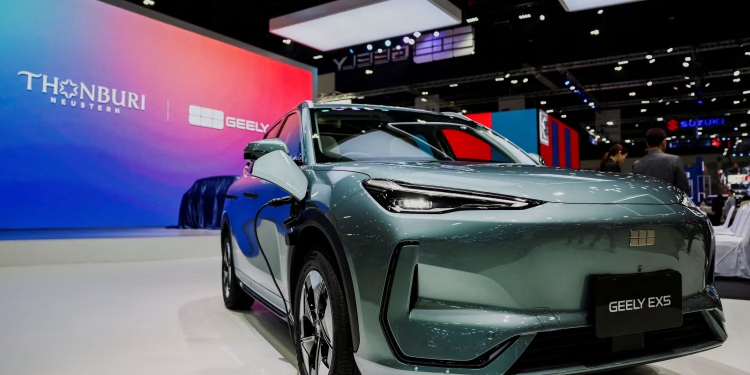By Eva Richardson – March 31, 2025
In a bold move to reinforce its manufacturing presence in North America, Hyundai Motor Group has announced plans to localize more of its parts production and streamline its U.S. supply chain, committing over $21 billion in investment by 2026.
The initiative, which centers on Hyundai’s new electric vehicle (EV) production plant in Georgia, aims to significantly reduce reliance on imported components. The group is actively working with its suppliers to establish production lines closer to U.S. assembly points, a move seen as both a nearshoring strategy and a hedge against trade and logistics volatility.
“This is not just a manufacturing expansion,” said a Hyundai spokesperson. “It’s a fundamental restructuring of how we deliver vehicles to one of our most important markets.”
Hyundai’s $7.6 billion EV Metaplant America facility, already under construction in Bryan County, is expected to begin operations in late 2025. Once operational, it will produce up to 300,000 EVs annually. The group’s latest announcement includes a broader $13.5 billion commitment to bolster its network of U.S.-based suppliers, especially those in battery components, semiconductors, and chassis systems.
Resilience Over Cost-Saving
Hyundai’s move reflects a wider trend among global automakers. The COVID-19 pandemic, semiconductor shortages, and geopolitical tensions have exposed the fragility of long-distance supply chains. Now, resilience is becoming the new metric for efficiency.
“With this investment, Hyundai is signaling that proximity to the end market is now more valuable than simply chasing low labor costs abroad,” said logistics analyst Sarah Keane of NorthStar Research. “This will put pressure on other foreign manufacturers to follow suit.”
Boost to U.S. Economy and Logistics
The Hyundai initiative is expected to generate more than 8,000 jobs across the southeastern United States. It’s also anticipated to breathe new life into regional logistics networks, including rail hubs, warehousing, and intermodal terminals around Savannah and Atlanta.
For logistics providers, the move presents opportunities and challenges. Supply chain experts anticipate growing demand for localized 3PL services, warehouse automation, and just-in-time delivery systems in the southeastern corridor.
A Signal to Washington
Industry observers also note that Hyundai’s announcement arrives amid rising political focus on U.S. industrial independence. While Hyundai didn’t mention tariffs or regulatory incentives directly, the investment aligns with federal goals to promote domestic manufacturing under the Inflation Reduction Act and CHIPS and Science Act.
Conclusion
As Hyundai recalibrates its global supply strategy, its actions underscore a transformative period for automotive logistics. Localization is no longer a theoretical advantage—it’s becoming a necessary condition for growth and continuity in the U.S. market.























